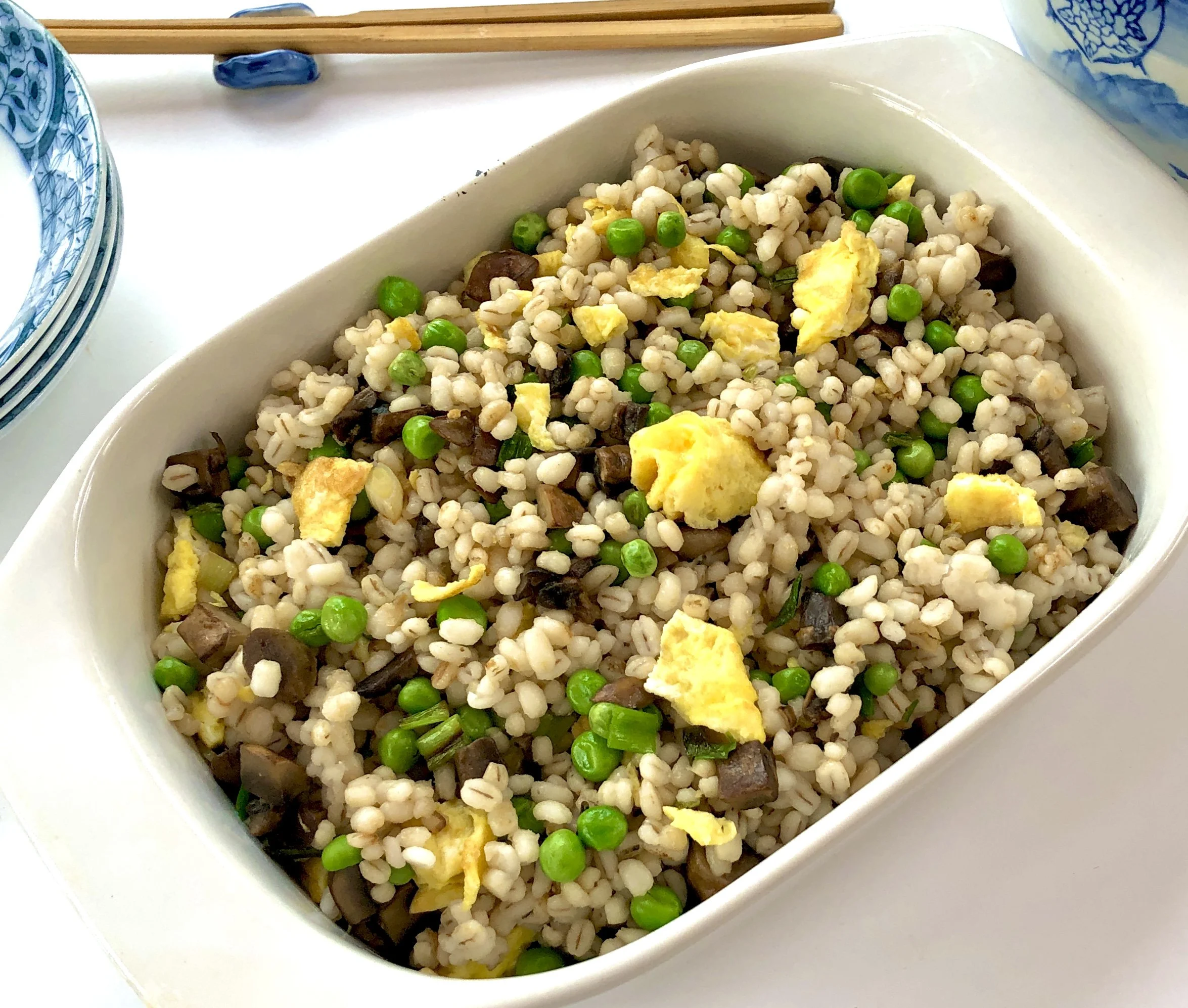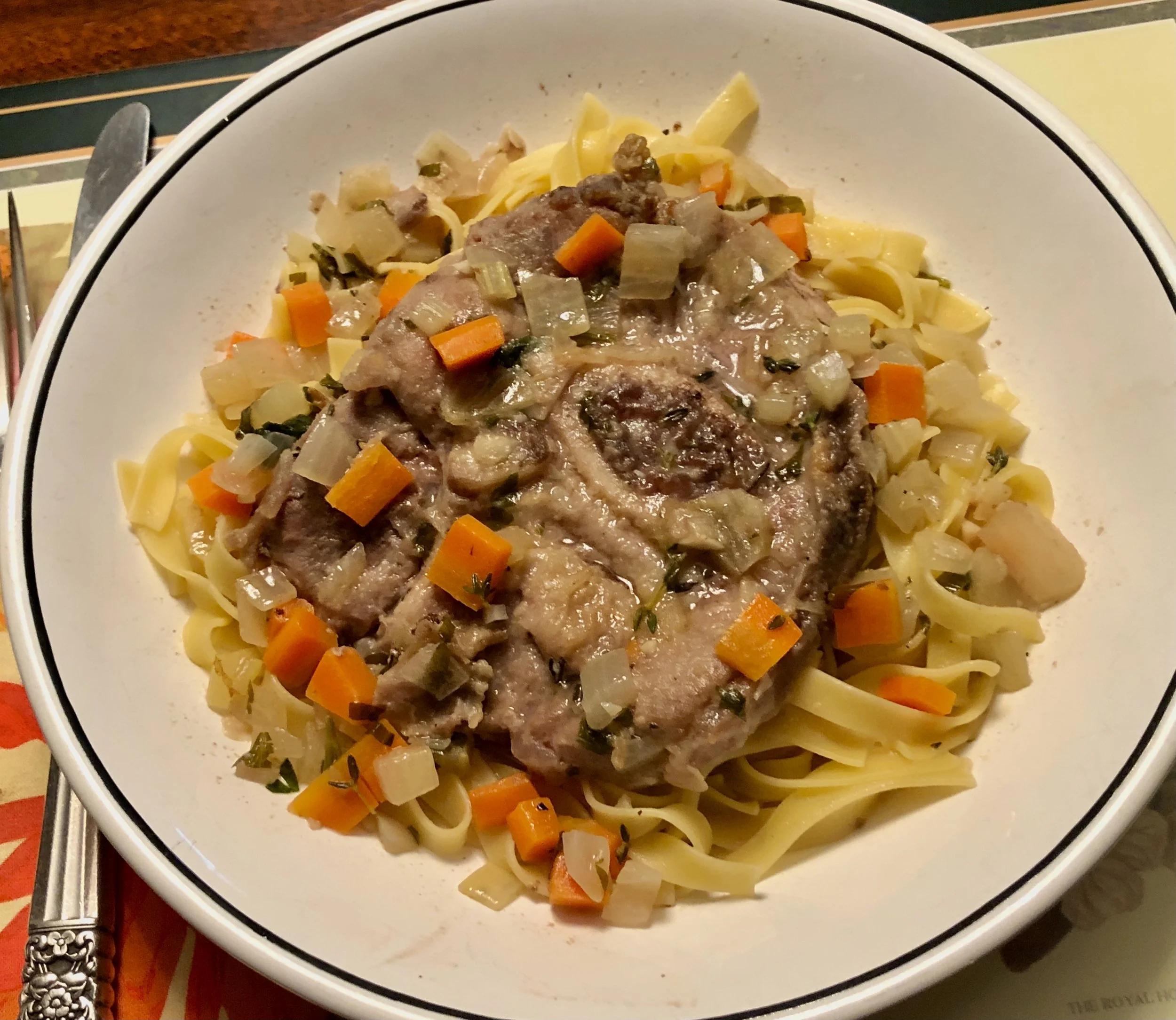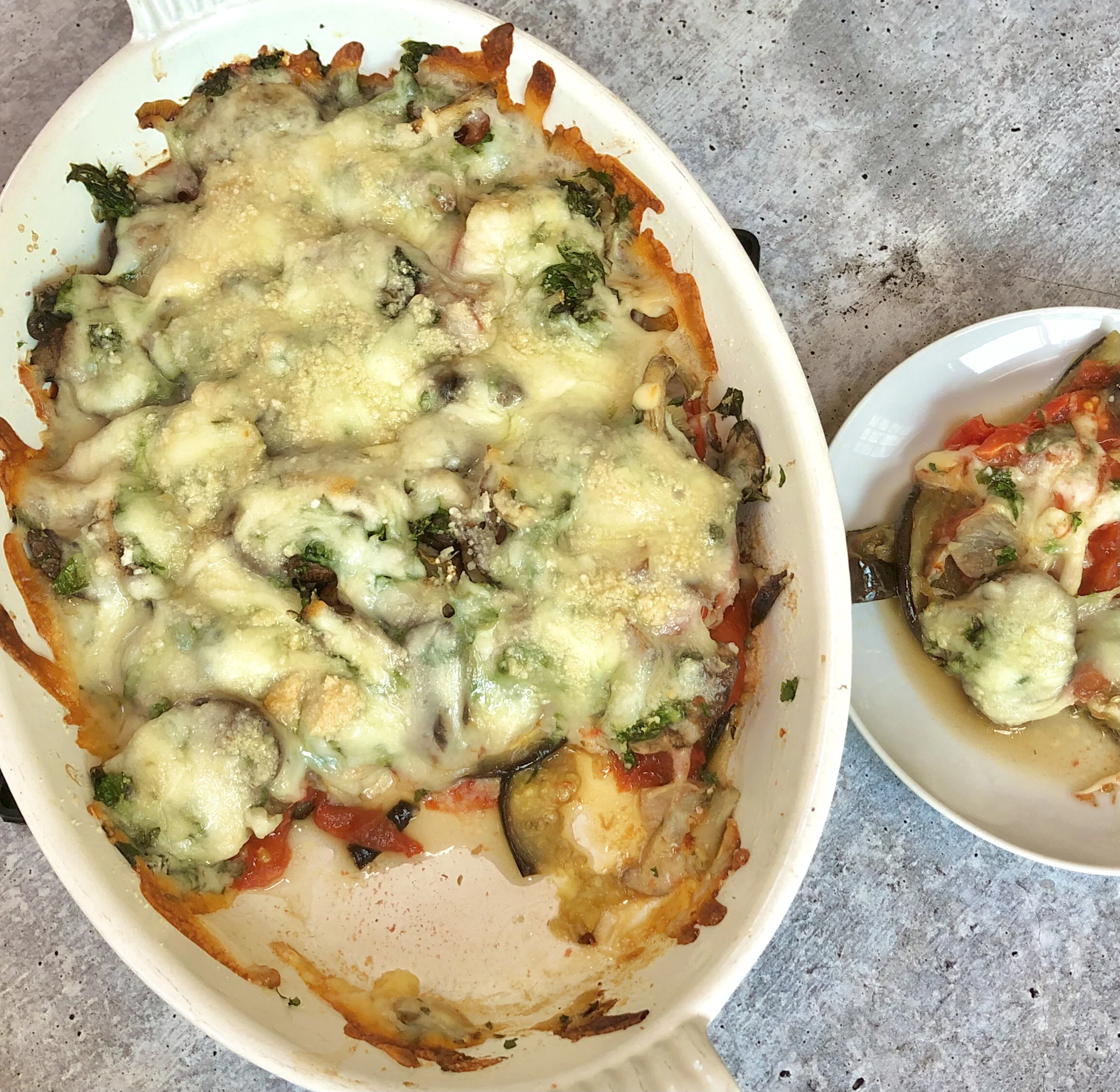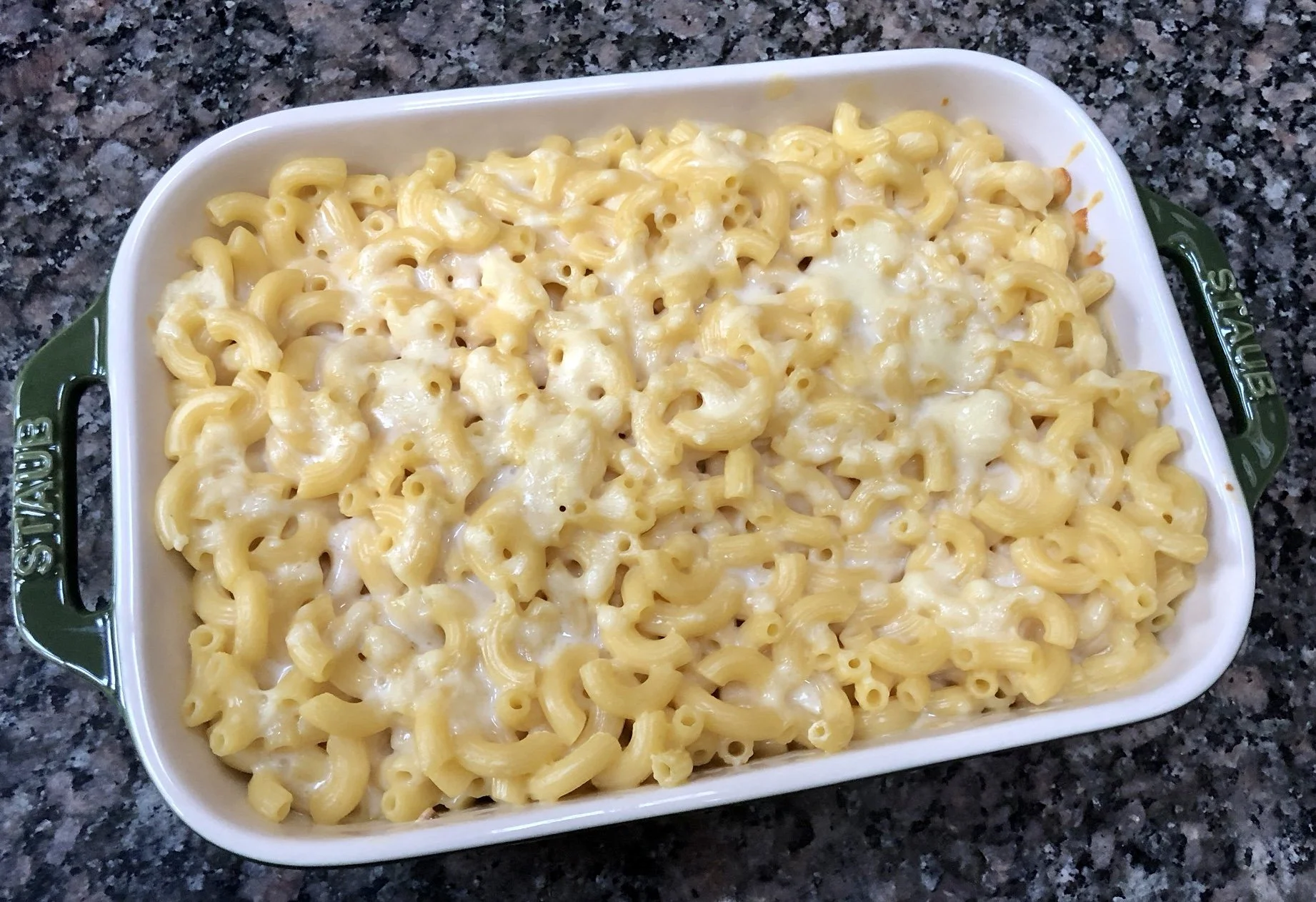Tu B’shevat, which starts at sundown on January 16th, reminded me that I have to make more barley, which is one of the traditional foods for this not particularly well-known Jewish holiday, otherwise known as New Year of the Trees.
We don’t eat barley often enough. Sure, I add it to soup, but it’s so good on its own — for salad and casseroles in particular — that it should be more of a standby.
I decided to make it like I do fried rice, except I added mushrooms, which I think overwhelms fried rice but pairs perfectly with whole grains.
So, this is actually a two-fer. I can make this for Tu B’shevat and also for Lunar New Year (February1st)(Year of the Tiger), because why not celebrate even if it’s not part of my heritage? Delicious food is appropriate any time.
Fried Barley
1 cup pearled barley
2-1/2 cups water
3 tablespoons vegetable oil
3 large eggs, beaten
4-6 scallions, chopped
10-12 medium mushrooms (about 8 ounces), coarsely chopped
1 cup thawed frozen peas
optional: chopped water chestnuts, cooked carrots, corn kernels
kosher salt
Place the barley and the water in a saucepan, bring to a boil over high heat. Lower the heat, cover the pan and cook for about 45 minutes or until all the liquid has been absorbed. Let cool. Heat one tablespoon vegetable oil in a wok or stirfry pan over medium-high heat. Add the eggs and let set, then scramble the eggs slightly and turn them over to cook both sides completely. Remove the fried eggs from the pan and chop into bite size pieces. Set aside. Heat the remaining vegetable oil in the pan. Add the scallions and mushrooms and cook, stirring frequently, for about 3 minutes, or until the mushrooms are soft and all the liquid has evaporated. Add the barley, breaking it up into separate kernels with a spatula or wooden spoon, and stir to incorporate the vegetables. Add the peas and optional ingredients, sprinkle with salt and cook, stirring often to distribute the ingredietns evenly, for 3-4 minutes or until the ingredients are hot.
Makes 4-6 servings




